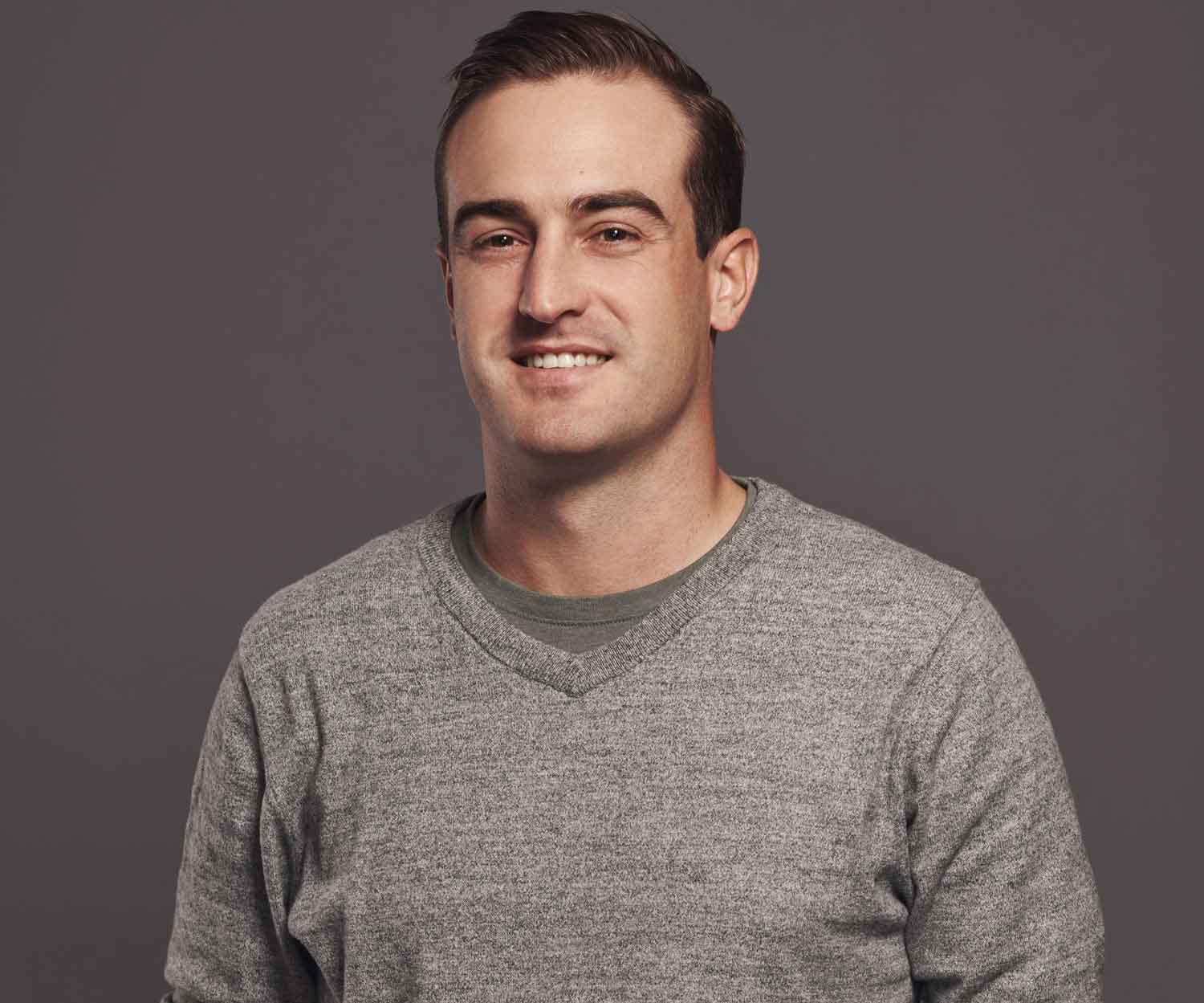
Saudi PIF Governor Yasir Al-Rumayyan and R&A CEO Martin Slumbers at the Dunhill Links Championship.
Getty Images
It was the first round in the brave, new and confusing world of the PGA Tour. Thursday afternoon tee times at the Canadian Open took place on the course while the morning wave ate its lunch. A handful of players and caddies sat outside in the June sun, talking for nearly an hour about what the future would look like.
Some in the group were comfortable, their FedEx Cup status already guaranteeing them access to the biggest events of 2024. Others were less happy, annoyed at having turned down an LIV offer, or perhaps even annoyed at someone else’s name. Everyone was annoyed with Jay Monahan, it seemed. The PGA Tour commissioner didn’t have answers to all their questions. And among the questions that arose that afternoon, there was a simple one: what about player fairness? Why don’t we get more out of what we invest? An intoxicating idea was then suggested: what if finishing in the top 70 in the FedEx Cup earned you a share of the Tour’s revenue for the following season?
Viable or not, the ideas were flying around that week at Oakdale Golf and Country Club in Toronto, and you couldn’t blame the guys. Their world had been turned upside down. The PGA Tour had just reached an agreement with Saudi Arabia. Monahan and Co. hoped to reach a final agreement whereby the lawsuits would be dropped and the two warring parties could merge their business interests into a new for-profit entity. These last three words made the players’ minds race. For-profit entity. For decades, the Tour was a nonprofit, 501(c)6 organization, but Tour leaders had surprisingly negotiated a potential future with for-profit goals.
In the four months since the Canadian Open, it’s no surprise that the Tour has received offers from various investment companies. This is where we are today: private equity money is coming in for professional gaming, targeting the amorphous, for-profit enterprise. known as PGA Tour Enterprises. Jason Gore, player director, sent a memo to Tour members last week highlighting outside interest in the Tour.
“We remain focused on reaching a final agreement with the PIF and DP World Tour,” the memo said, “but unsurprisingly, these negotiations have resulted in unsolicited moves and proposals from a a number of other interested investors. All this activity reinforces the strong position of the Tour and our growth potential.
This memo came around the same time that Ari Emanuel, CEO of Endeavor, a media and entertainment agency, revealed that his company was among the bidders.
“I think there are seven other bidders,” Emanuel said during a Bloomberg Screentime conference on October 11. “We made a bid for the — there’s a 501(c)3 nonprofit, and then they created a profit investment opportunity for the PGA. We made a bid, a week ago ? Friday (October 6).
Emanuel’s response was far from smooth and direct. But as he has explained at various other companies, Endeavor takes a “flying” approach to major investments like this proposal. That means it hopes to use its extensive catalog of businesses and talent – Endeavor is the product of a past merger of the William Morris and Endeavor Talent agencies – to streamline its path to greater value, greater entertainment and more profits. See: His success with the UFC.
So, was this offer simply a play for a small part of the new agreement between the Saudi PIF and the PGA Tour… or was it something much bigger? Would this money work independently of the Tour’s negotiations with the Saudi PIF, or in parallel? The conference moderator sitting across from Emanuel couldn’t get much out of it. This is probably the nature of many deals that reach billions of dollars. And ultimately, Endeavour’s interest in golf is not surprising. The company had been considering a move into the golf business in recent years and was asked if it would like to fund a new tour. Ultimately, the investment was going to be worth $1 billion, Emanuel said on the Freakonomics podcastbut Endeavor withdrew at the request of the PGA Tour.
Now it looks like that money might be on the line again. And Tour players themselves need to take this (or something like it) very seriously. Gore’s memo continues: “We have a Policy Council meeting on November 13th that will be dedicated to this important topic. »
It comes as Saudi PIF governor Yasir Al-Rumayyan continues to rise in the game. Al-Rumayyan played alongside R&A bigwigs Martin Slumbers and Peter Dawson two weeks ago at the Dunhill Links Championship. He also acts as commissioner of the LPGA Molly Marcoux Samaan told the Financial Times the league she represents was close to entering into an agreement with a “strategic planning partner” to improve its product in the name of increasing investment. These also include groups like Fenway Sports or AMB Sports and Entertainment by Arthur Blank have acquired TMRW Sports, a new venture from Tiger Woods and Rory McIlroy that has a small army of high-profile investors. We’re just a few months away from when 24 Tour players will be considered for different golf courses. teams rather than strictly individuals, like what we see in other sports.
One way or another, the money from other sports is tilted in favor of golf. And it makes sense on paper, because private equity and venture capital deals in professional sports have never been more popular. There are minor investments worth hundreds of millions and complete buyouts that reach staggering numbers. Fenway Sports itself worked on the sale of part of Liverpool FC, recently valued at $4 billion. Fenway Sports knows like everyone else that these investments almost always generate profits. But what will investing in golf actually look like? Will this include fairness between players, like the players discussed at the Canadian Open? We can look for signs from the man Tiger Woods helped put in place: Colin Neville of the Raine Group. Neville runs Raine’s sports division and has been involved in numerous deals in professional sport in recent times, including the record sale of Chelsea FC, and another that could possibly break that record – the sale of Manchester United FC.
Neville was in the room in August 2022 when Woods and McIlroy brought together 22 of the biggest stars of the Tour to determine the future they wanted. Then, this year, during the Monahan competition end of July return to the public eye, it was announced that Neville would become a special third-party advisor to Tour players. He would have access to all aspects of the Tour’s negotiations with the Saudi PIF. At the insistence of 41 of the world’s best players, Neville was pushed forward and the Tour had to accept it.
A former lacrosse player at Yale, Neville and Raine led fundraising efforts for Premier League Lacrosse. One of the principles of this league? Player fairness. Neville was also an early director of the Premier Golf League, whose idea for an upstart tour was commandeered by LIV Golf. One of the original facets of the PGL? Player fairness. Fifty percent of the league’s value would accrue to its voting members. We are a long way from this time when the PGL seemed in control of its future, but where its leaders have not completely left. Some went to the LIV, others to the DP World Tour and now Neville works on behalf of PGA Tour members. He has remained notably quiet since taking on the role, but has explained his perspectives on investing in sports at various conferences.
The surprising outcome for Neville of the Chelsea sale? In the week following the announcement of your intention to sell, 250 entities reached out, saying they were interested. “The people who called… would shock people,” Neville said, emphasizing the fact that professional sports teams and leagues are an asset class worth exploiting.
The PGA Tour may not be at that level yet, but it has contenders. This is a good thing.
The author welcomes your comments, concerns, and any other notes on [email protected].




